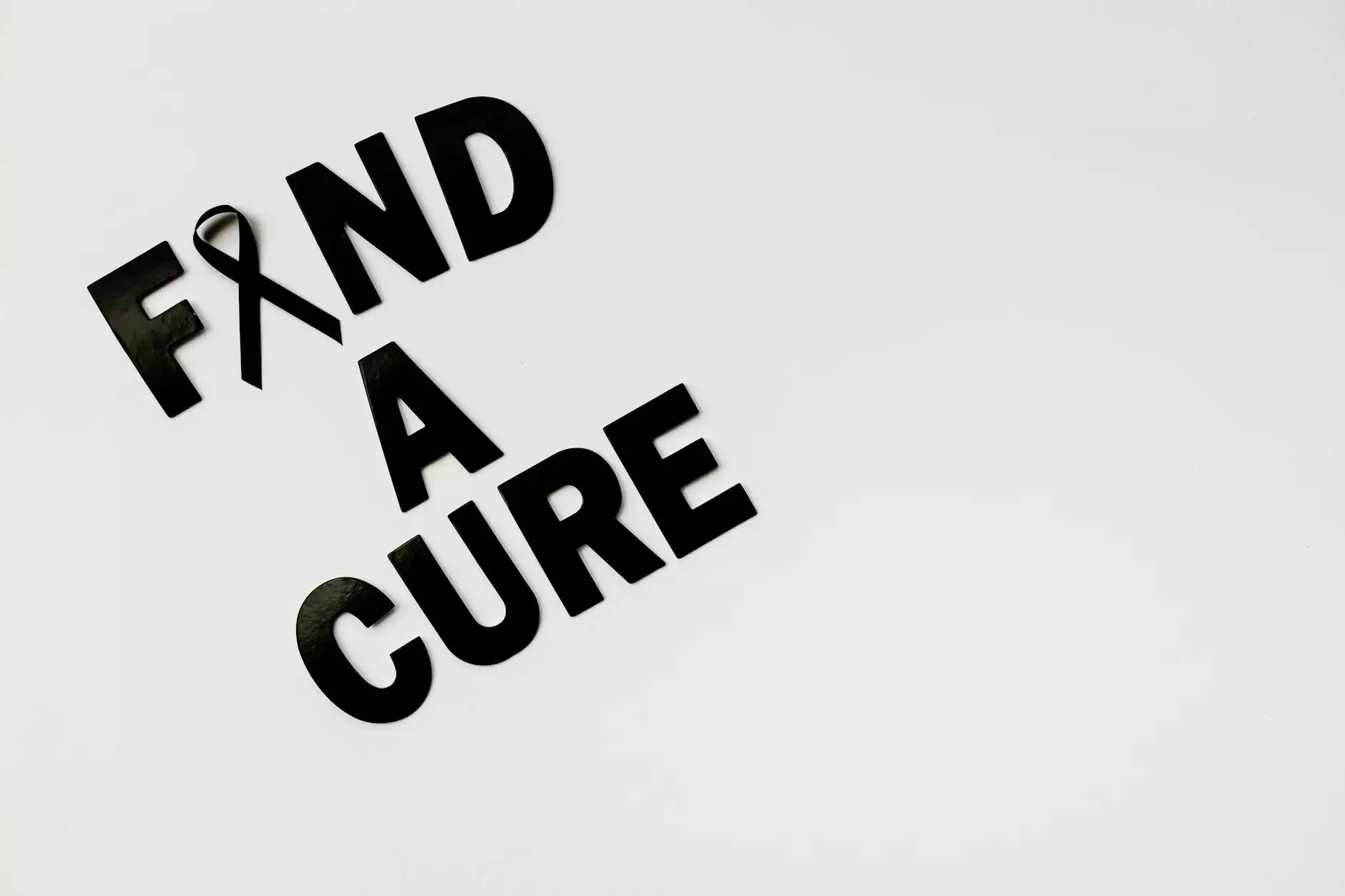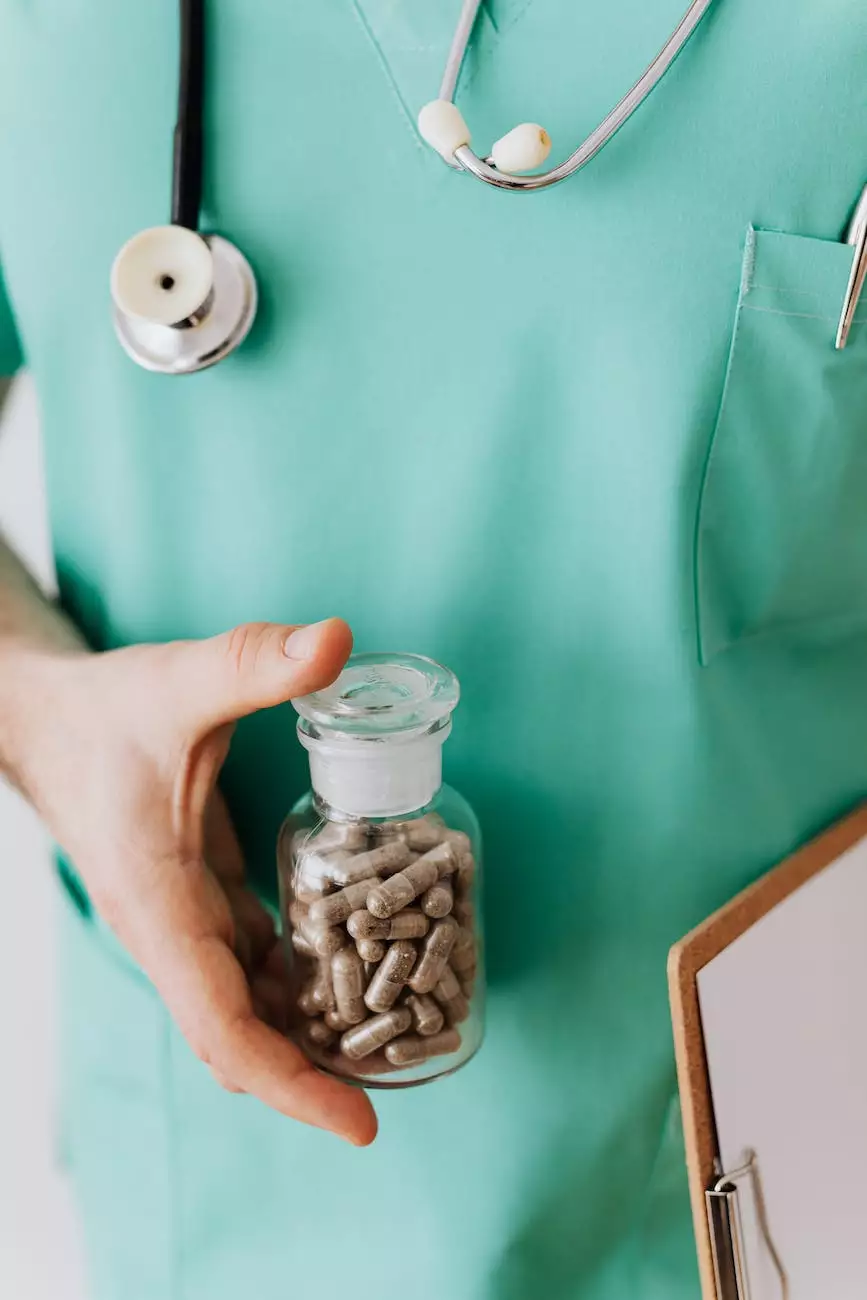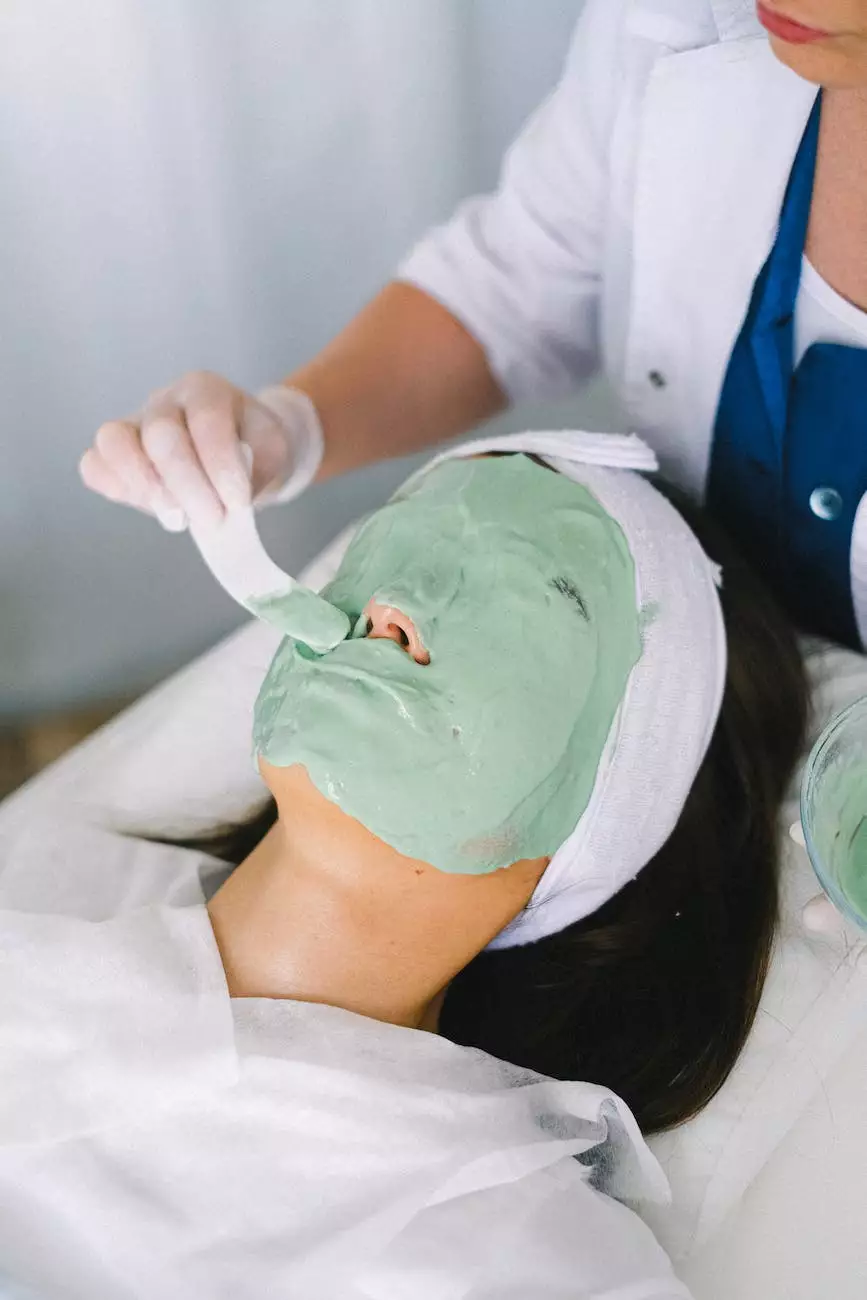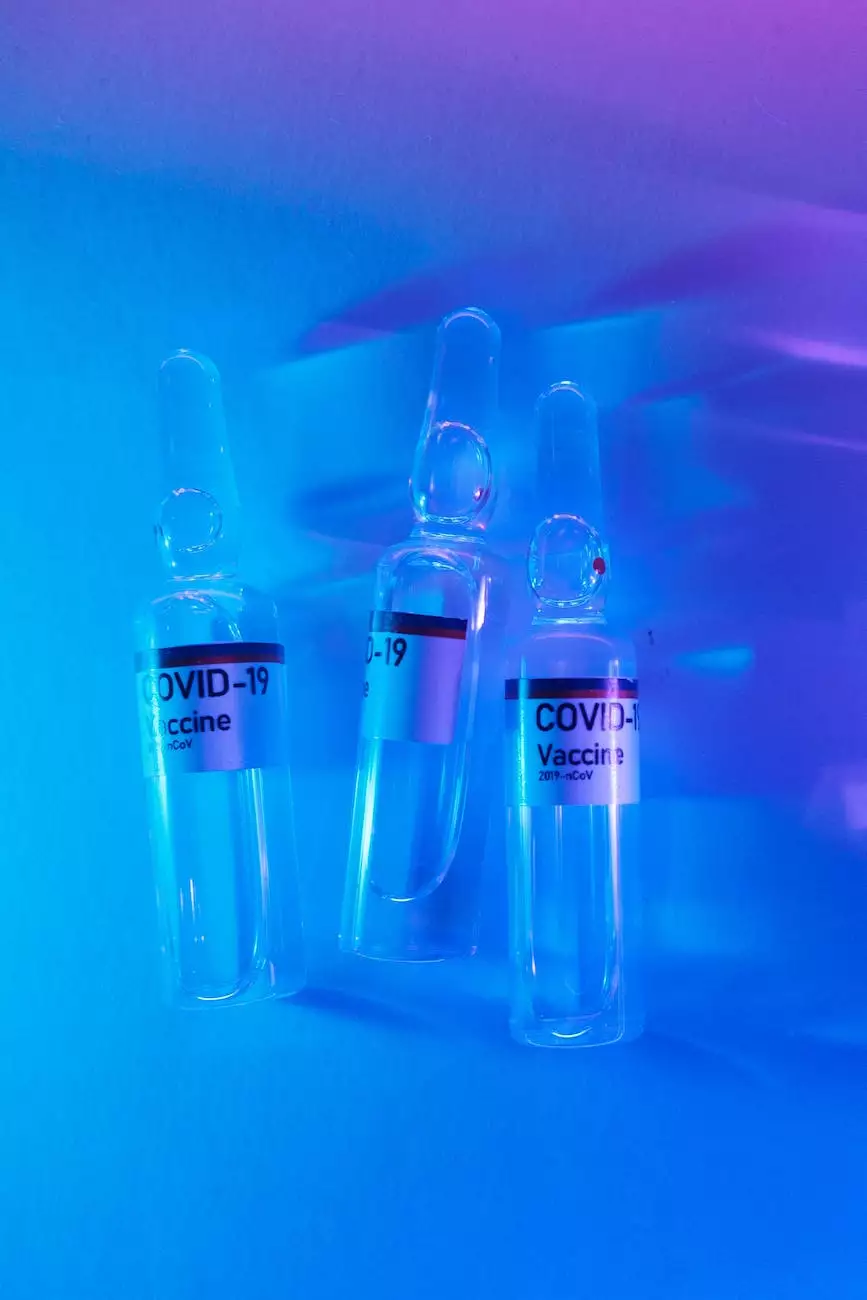Herpes and Cold Sores
Skin Care
The Basics of Herpes
If you've ever experienced a red, painful blister on your lips or genitals, chances are it was caused by the herpes simplex virus. Herpes is a highly contagious virus that infects millions of individuals worldwide. There are two main types of herpes viruses:
1. Herpes Simplex Virus Type 1 (HSV-1)
HSV-1 typically causes oral herpes, resulting in cold sores or fever blisters around the mouth or face. The virus can be easily transmitted through direct contact with an infected person or through sharing items such as utensils or towels.
2. Herpes Simplex Virus Type 2 (HSV-2)
HSV-2 is responsible for most cases of genital herpes, which causes painful sores or blisters in the genital area. This type of herpes is typically transmitted through sexual contact with an infected individual.
Symptoms and Complications
Both HSV-1 and HSV-2 infections can be characterized by recurring outbreaks of sores or blisters. However, some individuals may experience asymptomatic or mild symptoms, making it harder to detect the infection.
The common symptoms of herpes include:
- Painful sores or blisters
- Burning or itching sensations
- Flu-like symptoms, such as fever and fatigue
- Tingling or numbness in the affected area
While herpes outbreaks can be uncomfortable and inconvenient, they generally resolve on their own within a couple of weeks. However, the virus can remain dormant in the body, leading to future outbreaks.
Treatment Options
At Smith, Arthur F, MD, we prioritize effective herpes management and aim to provide the best treatment options for our patients. While there is currently no cure for herpes, there are several treatments available to alleviate symptoms and reduce the frequency of outbreaks.
Common treatment approaches include:
- Antiviral medications: These drugs can help suppress the virus, minimize symptoms, and prevent future outbreaks.
- Topical creams or ointments: These can provide relief from pain and itching associated with herpes sores.
- Lifestyle modifications: Making certain lifestyle changes, such as managing stress levels, practicing safe sex, and maintaining a healthy immune system, can significantly reduce the risk of outbreaks.
Preventing Herpes Transmission
Preventing the spread of herpes is crucial to protecting both yourself and others. Here are some important preventive measures to consider:
1. Practice Safe Sex
Using condoms or dental dams during sexual activity can significantly reduce the risk of contracting or transmitting genital herpes.
2. Avoid Contact During Outbreaks
Avoid any form of skin-to-skin contact when experiencing an outbreak or if you know you have been exposed to the virus. This includes kissing, sharing utensils, or engaging in sexual activity.
3. Regularly Wash Hands
Frequent handwashing can help prevent the spread of herpes, especially after touching an active outbreak or items that may have come into contact with the virus.
4. Educate Yourself and Others
Stay informed about the virus and its transmission methods. Educate yourself and others to promote awareness and reduce the stigma associated with herpes.
Conclusion
Herpes and cold sores can be both physically and emotionally challenging, but with proper management and preventive measures, you can lead a fulfilling life. At Smith, Arthur F, MD, we are dedicated to providing you with the most up-to-date information, effective treatments, and ongoing support.
Remember, knowledge is key when it comes to managing herpes. Stay informed, take necessary precautions, and don't hesitate to seek professional guidance for personalized care tailored to your unique needs.










